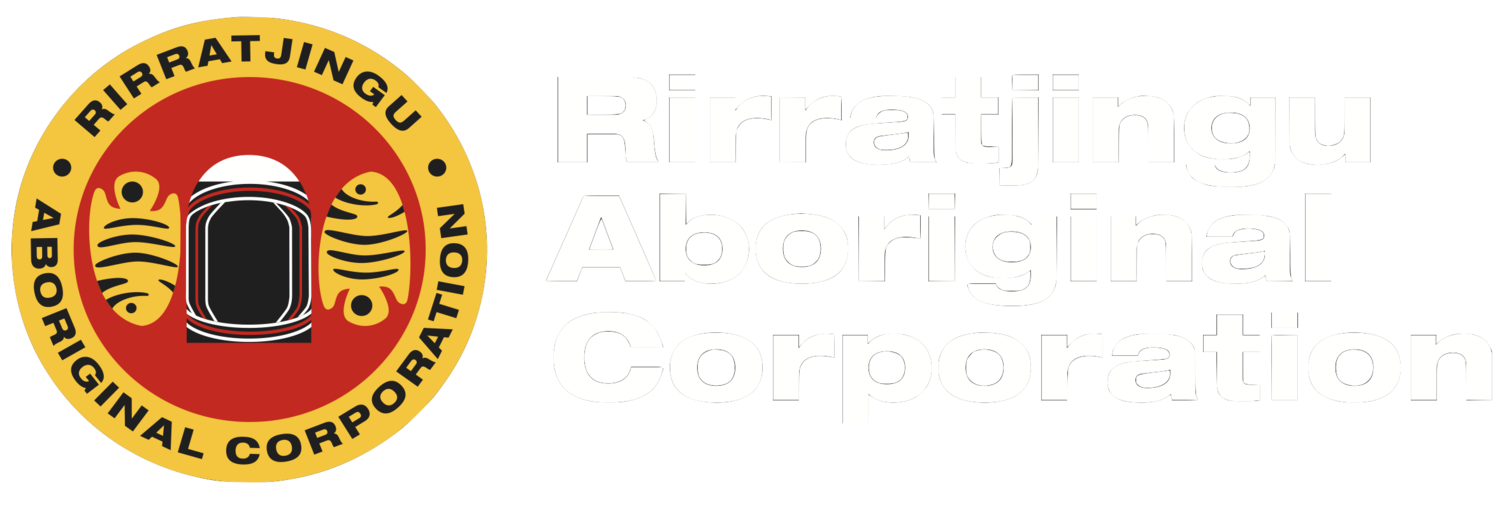Rirratjingu Aboriginal Corporation
Founded in 1984, the Rirratjingu Aboriginal Corporation (RAC) represents the Rirratjingu people, the Indigenous Traditional Owners of Land on the Gove Peninsula. The RAC’s aim is to ensure the Rirratjingu community is financially self-sufficient and able to deliver benefits to our members and make a genuine difference in our community.
When bauxite mining began on the Gove Peninsula, Rirratjingu elders expressed their deep concern. Uniting with other clans in the region, the Rirratjingu sent bark petitions to the Commonwealth Parliament detailing their opposition to mining and declaring their right to the traditional land.
The bark petitions, led by the five Rirratjingu fathers, failed to stop the mining and the great land rights case led by Rirratjingu elder Milirrpum Marika failed on a technicality.
When Roy Marika took the issue to Parliament in 1973, the Woodward Commission was established, which recommended land rights in the Territory and led to his drafting of the Aboriginal Land Rights Act. The Commission called for compensation for loss of livelihood be paid, that sacred sites be protected and an ongoing parliamentary committee monitor the mining project.
This was the template for the Aboriginal Land Rights movement that was to begin a decade later.
The RAC was established to administer mining royalties from the bauxite mine, build a pathway to a sustainable business and economic independence, and deliver social and cultural programs to advance the interests of the Rirratjingu people.
While the RAC’s origins lie with mining, the Corporation leadership has always been mindful of the fact that benefits from the mine are finite, and that participation in the economy through business and employment is vital. The RAC is dedicated to investing in the future through both social objective such as health, education and cultural programs as well as economic development.
Today, the RAC manages businesses that have a combined turnover of tens of millions of dollars, which benefit both the Rirratjingu people, and the wider Northern Territory economy and society.













